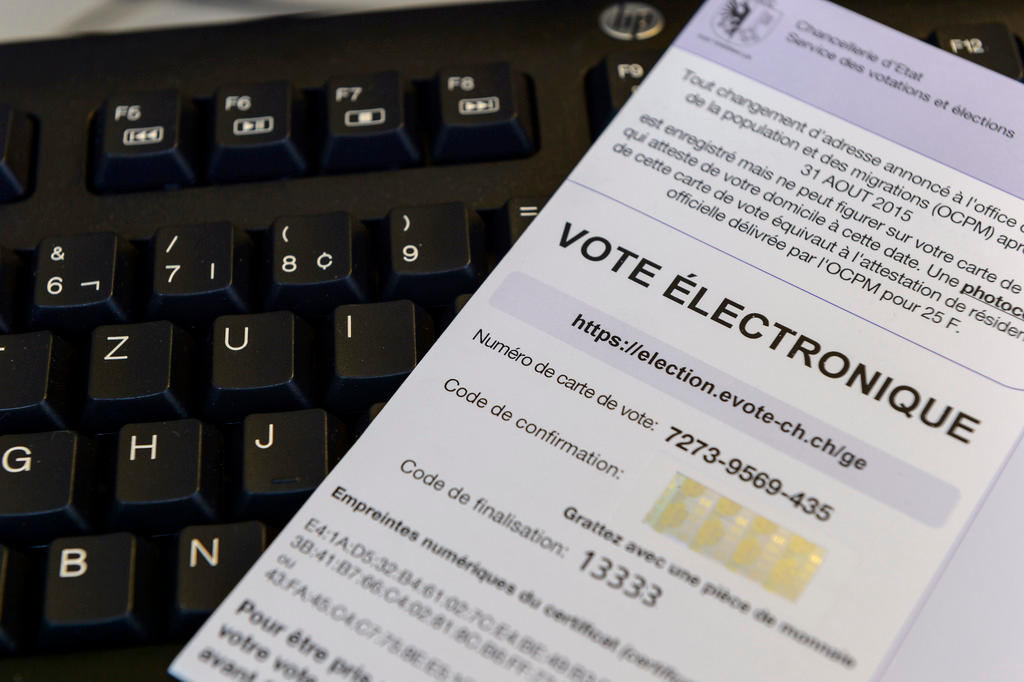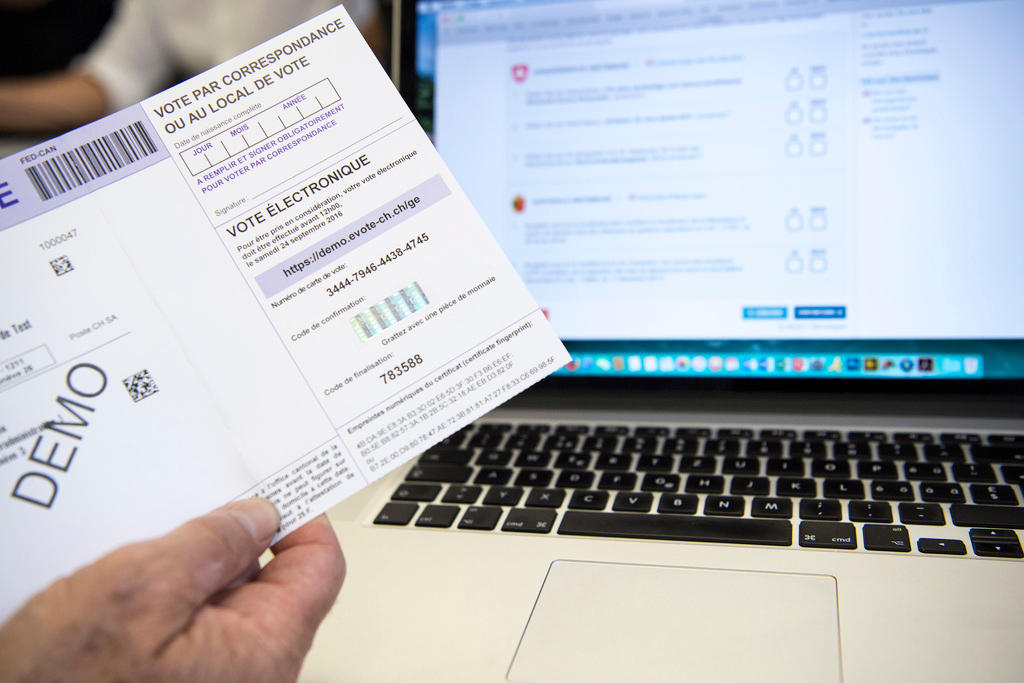
Swiss Abroad disappointed by Geneva’s stance on e-voting

The recent decision by canton Geneva to shelve e-voting due to financial reasons could undermine citizens’ confidence in the system, says the Organisation of the Swiss Abroad (OSA).
“This announcement comes at the wrong time,” Ariane Rustichelli, director of the OSA told swissinfo.ch. In particular, she fears that the Swiss will assume that Geneva’s withdrawal on Wednesday was linked to doubts over the security of e-voting.
“This is not a blow to the electronic voting itself but to its reputation,” said Rustichelli.
A recent test by hackers did find security vulnerabilities in the Geneva system, but according to Swiss public radio RTS this was not the reason for the cantonal authorities wanting to ditch its e-voting platform. The RTS report on Wednesday said the authorities did not want to continue investing in revising and improving the system which had cost CHF2 million ($2 million).
Geneva’s decision leaves only one other e-voting project still standing in Switzerland: the one run by Swiss Post. Geneva’s e-voting system will continue to operate next year, after which the canton will find alternatives. The canton, however, remains committed to digital voting, particularly for Swiss citizens living abroad and for people with disabilities who cannot easily get to polling stations.
Growing demand
“In the 2019 federal elections, 10 cantons will offer online voting. The dossier is moving in the right direction,” said Rustichelli. More cantons are turning to e-voting: Graubünden, Ticino and Jura have recently voted in its favour.
In a statement, the OSA emphasised that “security has never been called into question” and that the decision of the canton of Geneva was “solely financial”. Rustichelli was surprised “that it was not possible to find a solution with the Federal Chancellery and the cantons.”
Senator and OSA Vice-President Filippo Lombardi also regrets the abandonment of Geneva’s e-voting: “From now on, we have only one online voting system, the one developed by Swiss Post. This is a pity because it is always better to have two in order to create competition and lower prices, but also to have a backup solution, especially in the event of failure.”
However, Lombardi stressed that Swiss Post’s electronic voting was reliable, as was that of Geneva. According to him, Geneva may not have received enough financial support from the federal government and the other cantons. “This type of system has to be adapted frequently and it is expensive,” he said. However, Lombardi still hopes to reverse the setback.
“We will make contact to see if a solution can be found to save the Geneva platform,” he said.

More
Geneva shelves e-voting platform on cost grounds

In compliance with the JTI standards
More: SWI swissinfo.ch certified by the Journalism Trust Initiative






























You can find an overview of ongoing debates with our journalists here . Please join us!
If you want to start a conversation about a topic raised in this article or want to report factual errors, email us at english@swissinfo.ch.